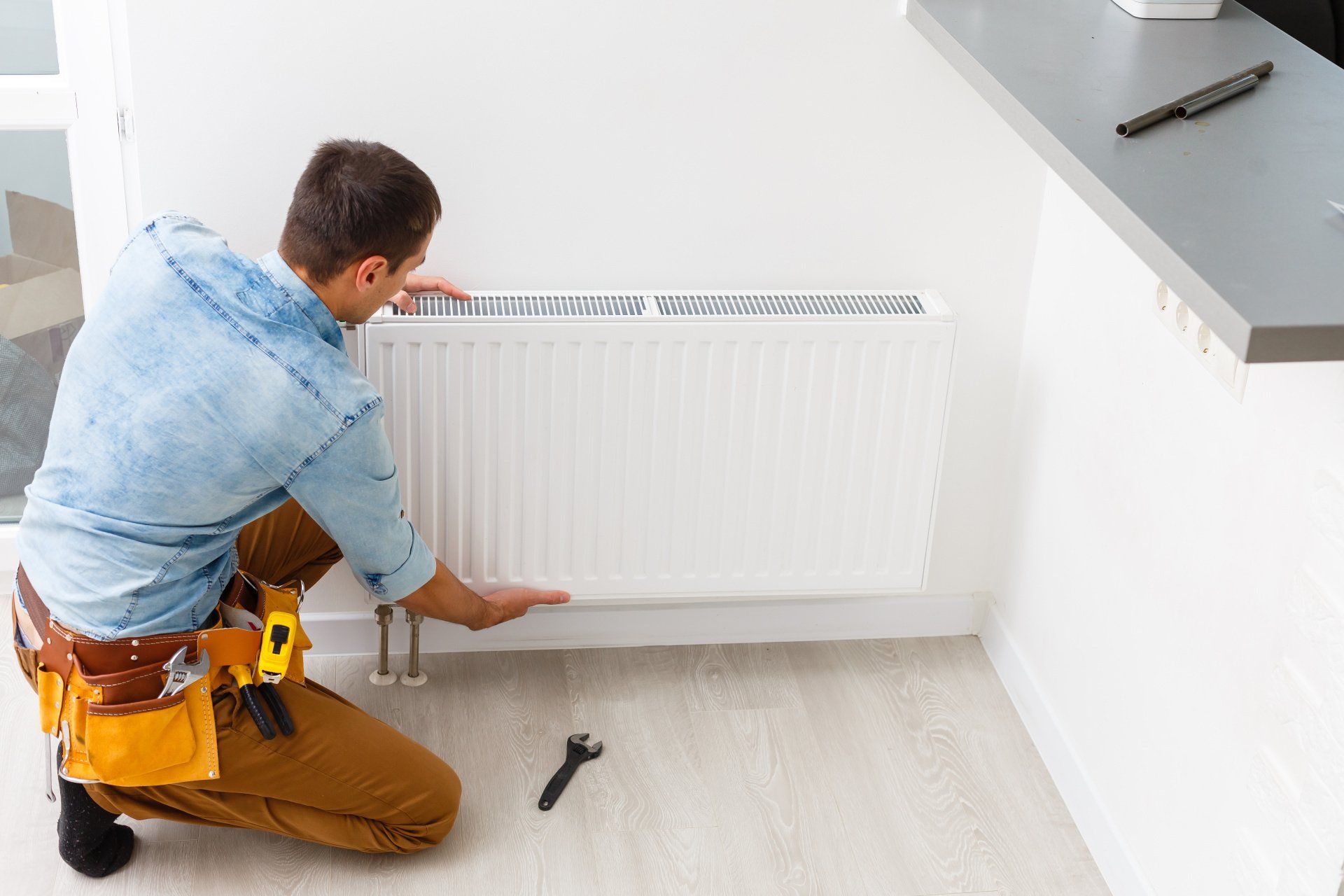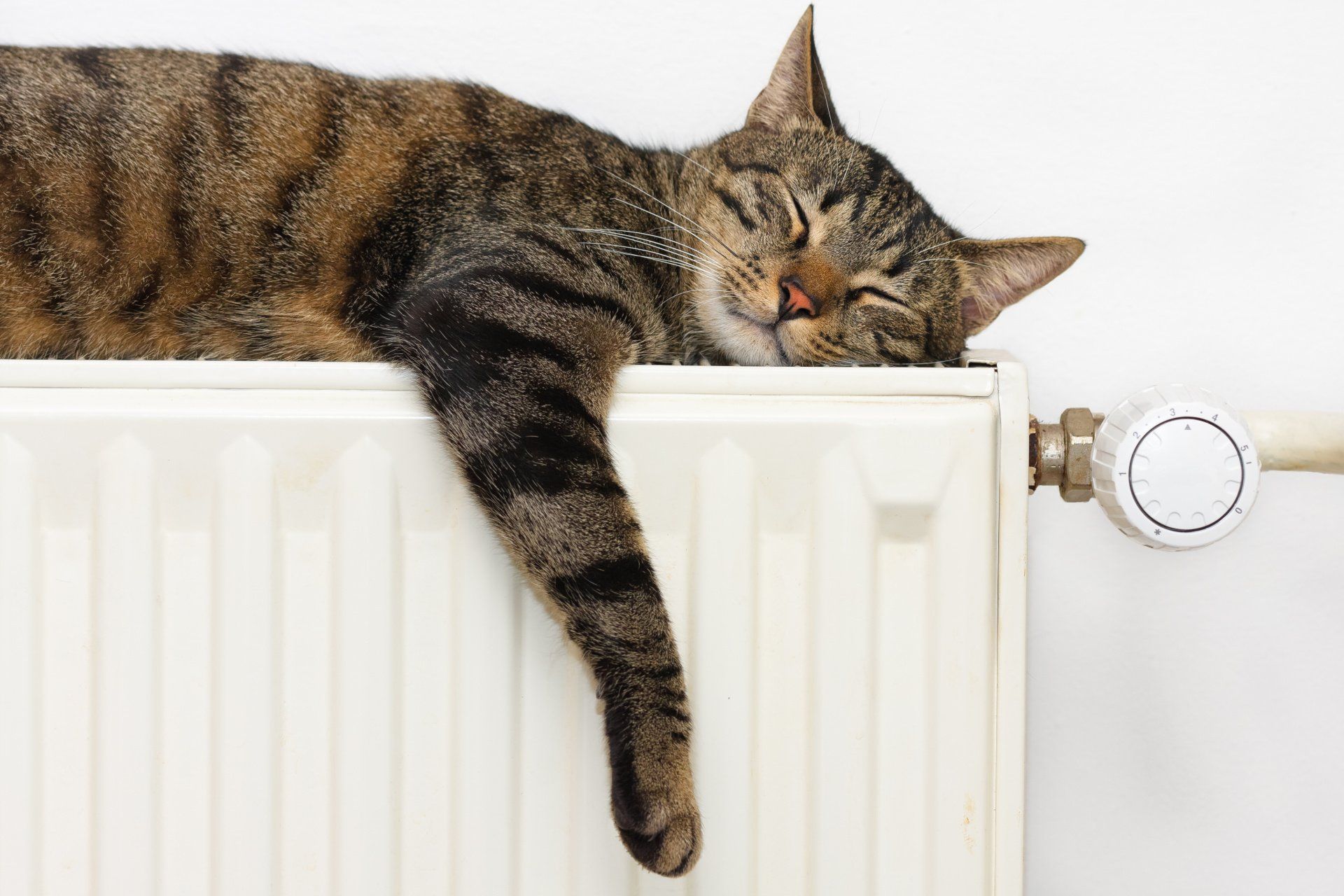Is Hydronic Heating Energy-Efficient?
Due to rising energy costs and a conscious effort to be more eco-friendly, more and more people have started turning to sustainable systems for their daily needs. One of these is central heating, which accounts for a considerable percentage of a home’s energy consumption in Australia.

Among the various options to choose from, hydronic heating has emerged as a top choice when it comes to people’s heating needs. Basically, this system works by delivering heat by pumping hot water through a series of pipes and radiators throughout the house.
Although hydronic heating costs more to install than traditional systems, you’ll be able to enjoy lower energy bills in the long run.
Also, unlike other forms of heating, hydronic systems do not require frequent or regular maintenance procedures. This means you’ll be able to save a lot from energy and maintenance costs by using a hydronic central heating system.
Aside from being cost-efficient, there are also a number of benefits to running a hydronic system.
Below are some of the factors that highlight its energy efficiency.
Heat Loss Reduction
Hydronic central heating does not use ducts to distribute heat to different parts of a house. In other words, it does not rely on forced air circulation in order to provide central heating. Since it does not push air out, a hydronic system can minimize the spread of dust mites, bacteria and allergens in the air.
Also, hydronic heating can minimize heat loss, which is the amount of heat wasted as it escapes through the cracks and openings of air ducts. By maximizing the amount of hot air distributed in different parts of a house, a hydronic system can help you save on energy costs. After all, reduced heat loss means the system will require less energy to re-heat a room.
Hydronic Heating Systems do not use ducts to distribute heat to different parts of a house. In other words, it does not rely on forced air circulation in order to provide central heating. Hydronic Heating can minimise heat loss, which is the amount of heat wasted as it escapes through cracks and openings in air ducts. By maximising the amount of radiant heat distributed in different parts of a house, a hydronic system can help you save on energy costs. After all, reduced heat loss means the system will require less energy to re-heat a room.
Another benefit of no forced air circulation or ducts is you are not spreading dust mites, allergens and bacteria throughout the home. For these reasons, hydronic central heating has always been the preferred heating choice for engineers and consultants in the health industry.
Water as Heat Conductor
Water is the key ingredient in any hydronic system. It works by running hot water through a series of pipes. This characteristic makes hydronic central heating an energy-efficient system mainly because water is a better conductor of heat than air. This means a hydronic heating system requires less energy to produce heat using water than a forced air circulation mechanism.
Another feature that makes a hydronic system efficient is how it heats and circulates water. Water is heated in a boiler and travels through the connected pipes. The hot water will eventually return to the boiler as it moves through the circuit. Since the water returning to the boiler is still warm, the system will require less energy to re-heat it.
Modular Systems
Hydronic Central Heating is a modular system that can be expanded depending on your needs. As long as you’re using the right type of boiler, it will be able to provide central heating to different parts of your home through the installation of additional radiators or convectors.
The modularity of hydronic products allows you to take advantage of an energy-efficient system even if you decide to renovate or carry out significant changes to your home. In addition, thermostats that work with hydronic systems allow you to control the temperatures in each room of your house, which can greatly reduce your energy costs and consumption. The Honeywell Thermostat, for instance, works with a hydronic boiler and can be programmed to provide automatic time and temperature control of your home’s central heating system.
Eco-Friendly Energy Source
Hydronic Heating Systems can be powered using a variety of energy sources. Depending on the type of boiler that you’ll get, you can power your home’s central heating system using natural gas, liquefied petroleum gas (LPG) or wood. These heating sources, combined with the hydronic system's efficiency, can significantly reduce your home’s energy and electricity consumption.
Depending on your needs, you have the option to use wood burner boilers or condensing boilers, which use gas to provide central heating. Each system has its own merit. Wood burners, for instance, can double as a Wood Heater System. It provides direct heat to a room while delivering central heating to the rest of the house through a series of radiators, convectors or pipes. Condensing boilers, on the other hand, are designed to adapt to the overall style of modern homes. They can operate as standalone units or be integrated with other modular hydronic systems.
Due to a hydronic system's energy efficiency, it is fast becoming the top choice for homeowners when it comes to their heating needs. If you’re looking to use a more effective and sustainable central heating system in your home, make sure to check out Hurlcon’s extensive hydronics product range. As a leading hydronic supplier in Australia, we offer a wide variety of systems, including boilers, wood burners, convectors, radiators and many more. Due to their appearance and modular features, these hydronic heating systems can be easily installed and integrated into the design of your home.

Australia's most trusted hydronic supplier
QUICK LINKS
CONTACT
02 6021 2200
info@hurlconheating.com.au
All Rights Reserved | Hurlcon Hydronic Heating


